Urban flea markets: Sustainability in action, the Petersplatz case in Basel
- Javier Trespalacios
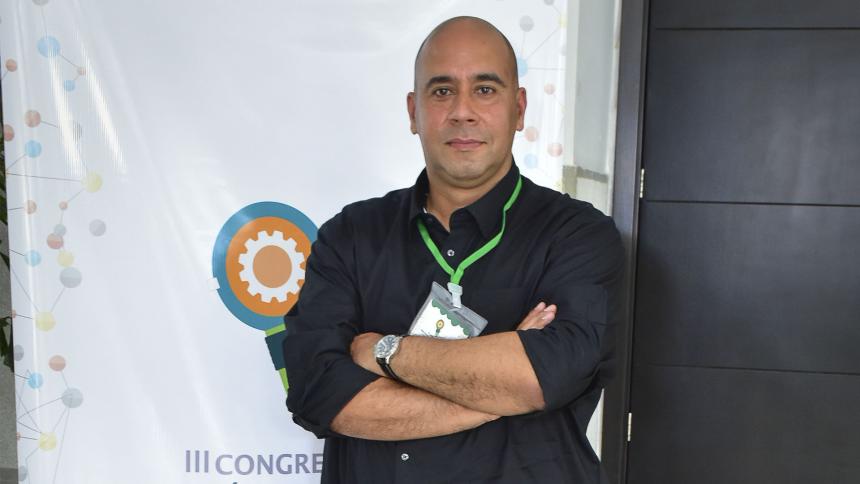
- Jul 27, 2025
- 4 min read
Updated: Sep 12, 2025
Urban flea markets are meeting points that offer a variety of new and second-hand products. These spaces contribute to sustainable urban development by generating economic benefits, fostering social cohesion [1], and promoting environmental sustainability, in line with the Sustainable Development Goals (SDGs) [2].
Petersplatz flea market in Basel (Javier Trespalacios)
The Petersplatz flea market in Basel exemplifies how commercial activity can go hand in hand with sustainability.
Flea markets in the framework of the Circular Economy
Flea markets operate under circular economy principles [3] by facilitating reuse, recycling, and extending the useful life of products. This approach reduces demand for new resources, decreases waste generation, and promotes more sustainable consumption patterns among citizens (Naider, 2022).
According to UN News (2023), the circular economy "offers a model that preserves nature and reduces greenhouse gas emissions," contrasting with the traditional economic model of linear production that depletes natural resources.
The benefits of flea markets for cities are diverse, ranging from social cohesion to job creation: las ciudades son diversos, abarcando desde la cohesión social hasta la creación de empleo:
Economic Revitalization: These spaces stimulate local commerce, allowing small traders and individuals to sell a wide range of products. Vendors, both professional and amateur, offer everything from antiques to second-hand clothing, generating economic activity and promoting responsible consumption. This democratization of commerce strengthens the proximity economy.
Social Cohesion and Urban Vitality: They function as meeting points for residents of various ages and cultures, fostering a sense of community. They facilitate direct interaction between locals and tourists, integrating them into a welcoming and dynamic environment. Conversation, shared discovery, and face-to-face negotiation create community bonds.
Accessibility and Inclusive Employment: These spaces are typically accessible and low-cost, offering self-employment opportunities and contributing to the popular economy.
The Case of the Petersplatz Flea Market in Basel: A Model of Urban Sustainability
The Flohmarkt Petersplatz, Basel's largest weekly flea market, takes place on Saturdays from 7:30 AM to 4:00 PM in the city's historic center. With its approximately 300 stalls, this popular meeting point attracts locals and tourists looking for second-hand items, antiques, clothing, and other objects at accessible prices (Baseljetzt, n.d.).
Sign of the Flea Market at Petersplatz, Basel (Javier Trespalacios)
Beyond its commercial function, this flea market has consolidated its identity as a traditional event that strengthens the sense of community (Fleamapket, 2024; TripAdvisor, 2024).
To participate as a vendor, it's necessary to reserve a stall through an official online platform. The base cost is 20 Swiss francs for 2 linear meters, with an additional charge of 10 francs for each extra meter. Reservations open on Tuesdays at 9:00 AM and close on Thursdays at 6:00 PM. For those who participate regularly, it's possible to request an annual license from the markets department of the Basel-Stadt canton (Basel-Stadt, 2025).
Children selling their own toys (Javier Trespalacios)
The flea market attracts a wide diversity of vendors, from families selling items they no longer need to collectors and students searching for unique objects. A notable characteristic is the participation of children who, accompanied by their parents, sell their own toys, which fosters learning about the circular economy, reuse, and sustainable exchange.
Vinyls for collectors: each piece for 5.- CHF (Javier Trespalacios)
The presence of food and beverage stalls enriches the experience and consolidates the flea market as a space for recreation and socialization that promotes community cohesion (mySwitzerland, 2025).
Contribution to Sustainable Development Goals
Urban flea markets transcend their function as commercial spaces to contribute to several Sustainable Development Goals:
SDG 8 - Decent Work and Economic Growth: They generate self-employment opportunities, which is particularly valuable for people who need a supplementary income source.
SDG 11 - Sustainable Cities and Communities: Flea markets strengthen the urban social fabric by creating spaces for community meetings and exchange. By revitalizing public spaces, they foster social cohesion, which is essential for the development of more inclusive and sustainable cities.
SDG 12 - Responsible Consumption and Production: They contribute directly to fulfilling SDG 12, which seeks to "ensure sustainable consumption and production patterns" to sustain the livelihoods of current and future generations. By facilitating the circulation of used goods, these spaces reduce pressure on natural resources and promote more conscious and responsible consumption patterns.
SDG 8 (Decent Work and Economic Growth), SDG 11 (Sustainable Cities and Communities), and SDG 12 (Responsible Consumption and Production)
Conclusion
The Flohmarkt Petersplatz is an urban institution that combines tradition, social innovation, and sustainability. It functions as an engine of local development, community integration, and sustainable awareness, adapting to the challenges of today's city. Thus, it demonstrates that it's possible to create commercial spaces that not only generate economic benefits but also strengthen the social fabric and contribute to more sustainable and inclusive cities.
Flea markets function as true laboratories of circular economy. Here, objects find a second life: the jacket that a family no longer uses becomes the perfect find for a student, while books accumulate new stories in different hands. This dynamic naturally reduces pressure on natural resources and challenges the linear model of "use and discard"...
References
Baseljetzt. (n.d.). Ein Samstagmorgen auf dem ausgebuchten Petersplatz-Flohmarkt. https://www.baseljetzt.ch/ein-samstagmorgen-auf-dem-ausgebuchten-petersplatz-flohmarkt/207554
Basel-Stadt. (2025). Petersplatz Flea Market. Presidential Department, Basel-Stadt Canton. https://www.bs.ch/en/verwaltung/prasidialdepartement/amter-und-bereiche/external-affairs-and-marketing/fairs-and-markets/basel-markets/petersplatz-flea-market
Fleamapket. (2024). Flohmarkt Petersplatz | Weekly Flea Markets in Switzerland. https://www.fleamapket.com/listing/flohmarkt-petersplatz-basel/
Naider. (2022). ODS vs. Economía Circular. https://naider.com/naiderlab/conocimiento/analisis-experto/ods-vs-economia-circular/
Noticias ONU. (2023). La economía circular: un modelo económico que lleva al crecimiento y al empleo sin comprometer el medio ambiente. UN News. https://news.un.org/es/story/2021/03/1490082
Switzerland Tourism. (2025). Flohmarkt Petersplatz | Switzerland Tourism. https://www.myswitzerland.com/en-ch/experiences/events/flohmarkt-petersplatz/
TripAdvisor. (2024). Flohmarkt Petersplatz (Basel) - Reisende Bewertungen. https://www.tripadvisor.ch/Attraction_Review-g188049-d242803-Reviews-Flohmarkt_Petersplatz-Basel.html
Notes
[1] Social cohesion: Degree of integration and cooperation among members of a society, based on trust, solidarity, and mutual respect.
[2] SDGs (Sustainable Development Goals): 17 universal goals to solve the world's greatest challenges, from inequality to climate change.
[3] Circular economy: An Economic model that seeks to reduce waste and reuse resources through recycling, repair, and material valorization.
BonusTrack
Flea markets: Urban spaces for sustainability, Petersplatz case in Basel:
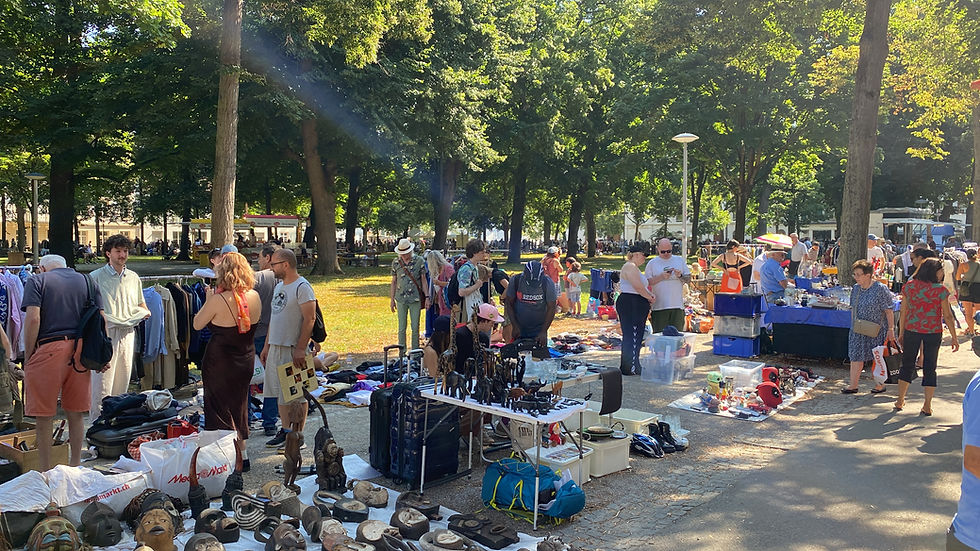
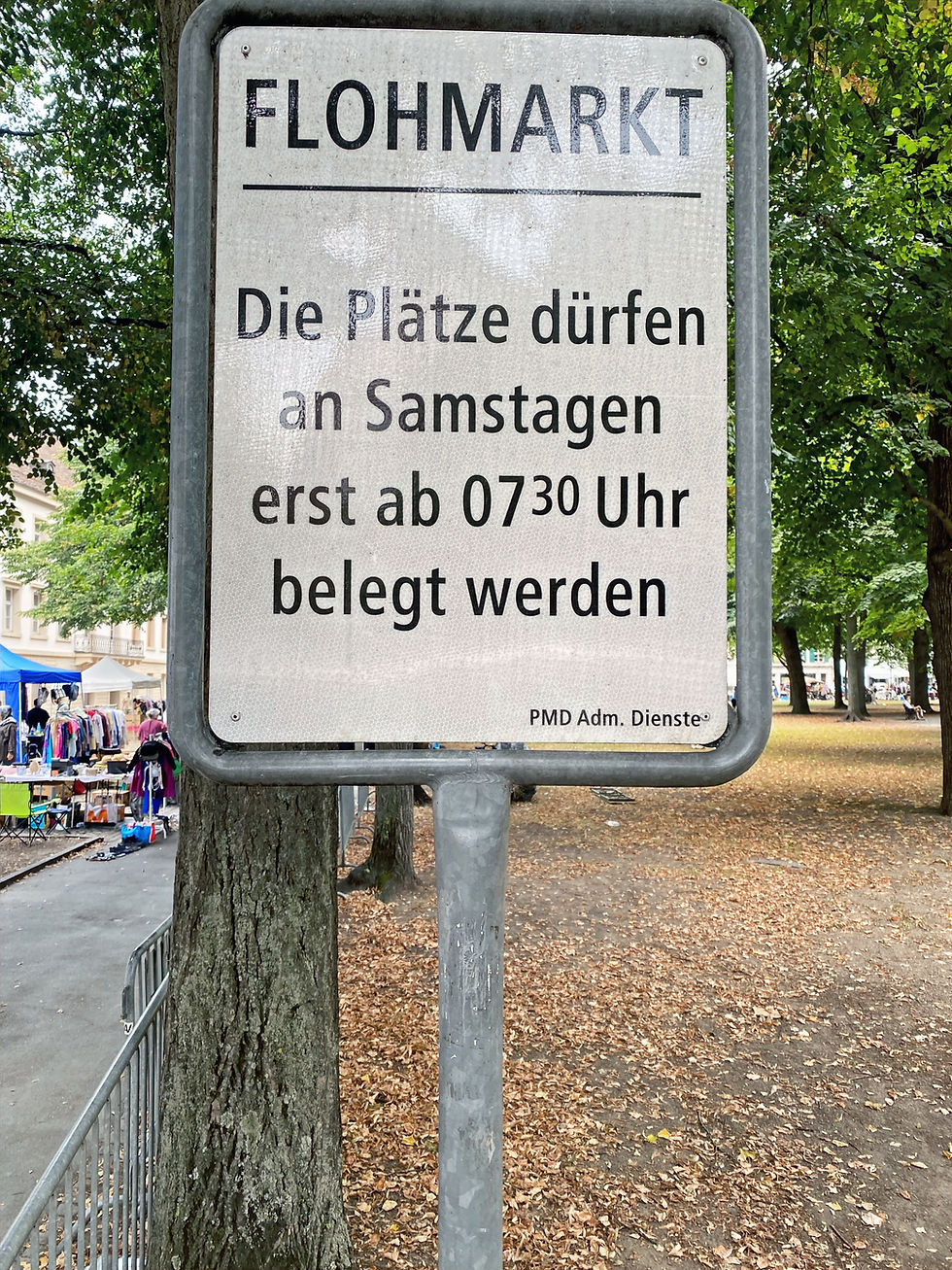
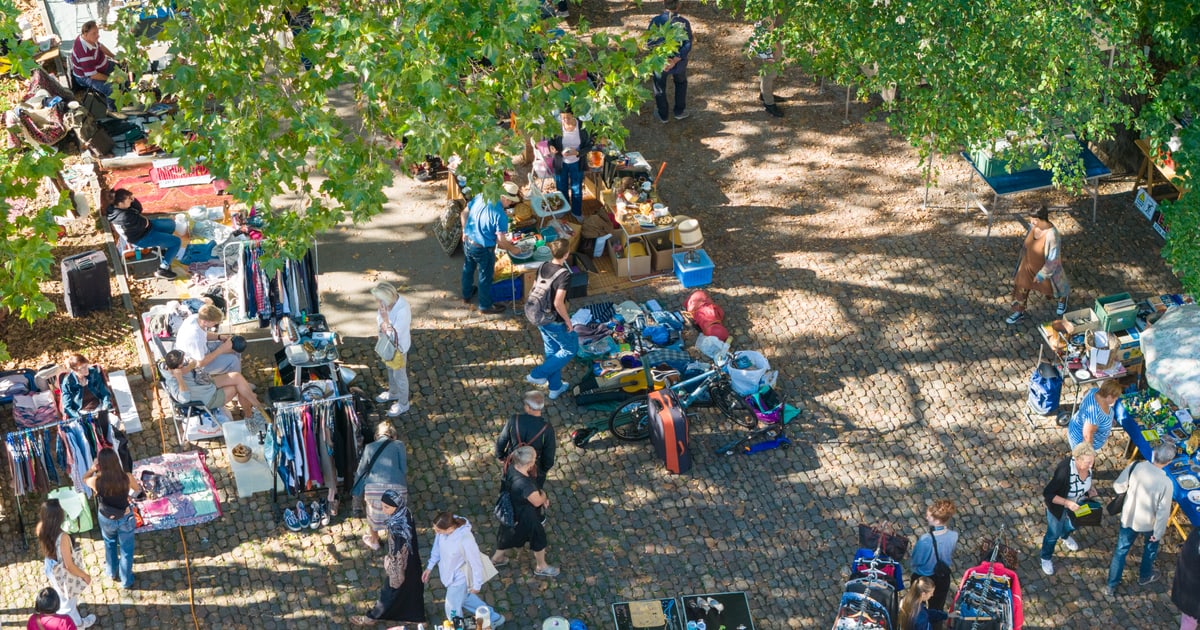

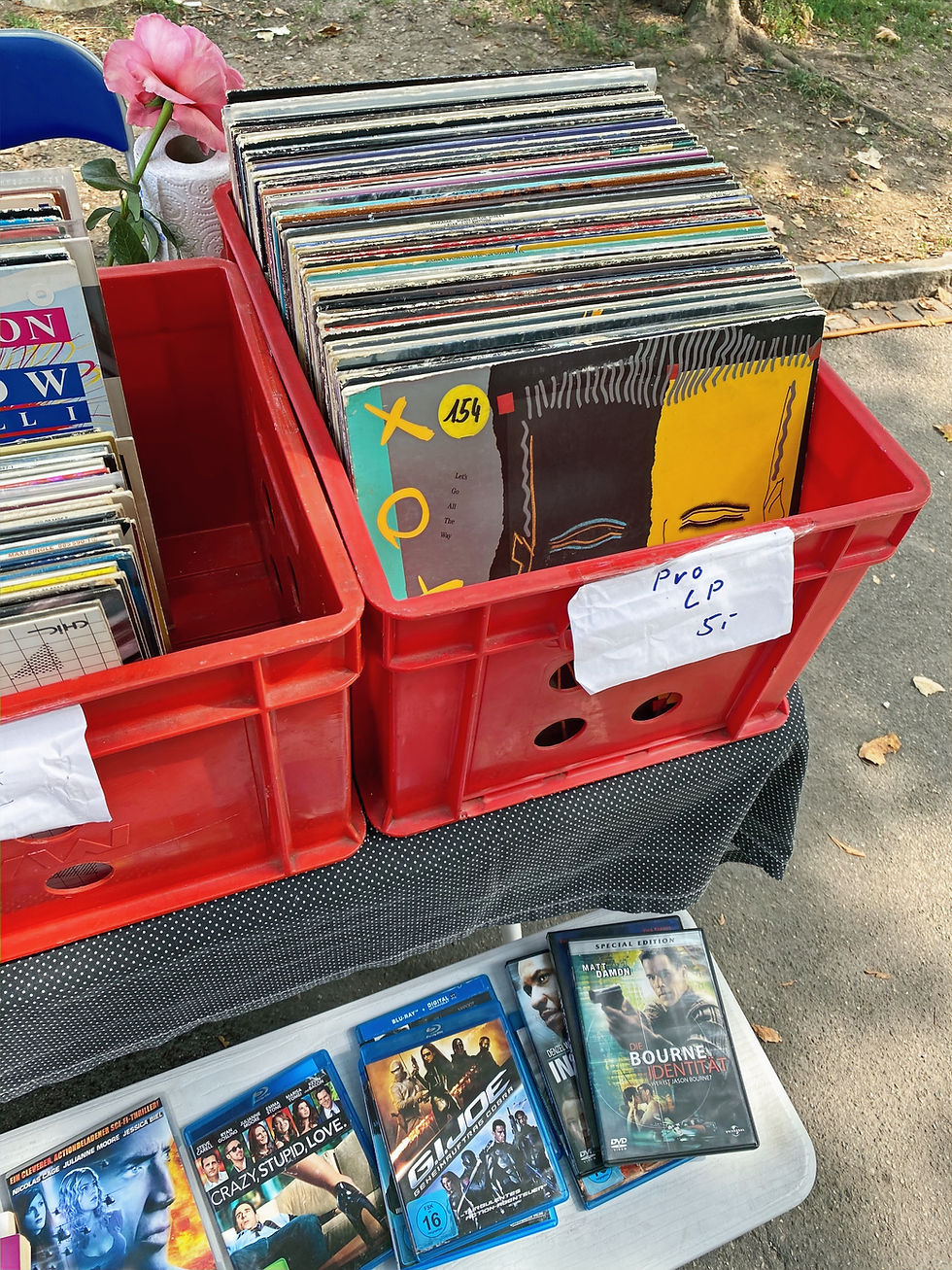
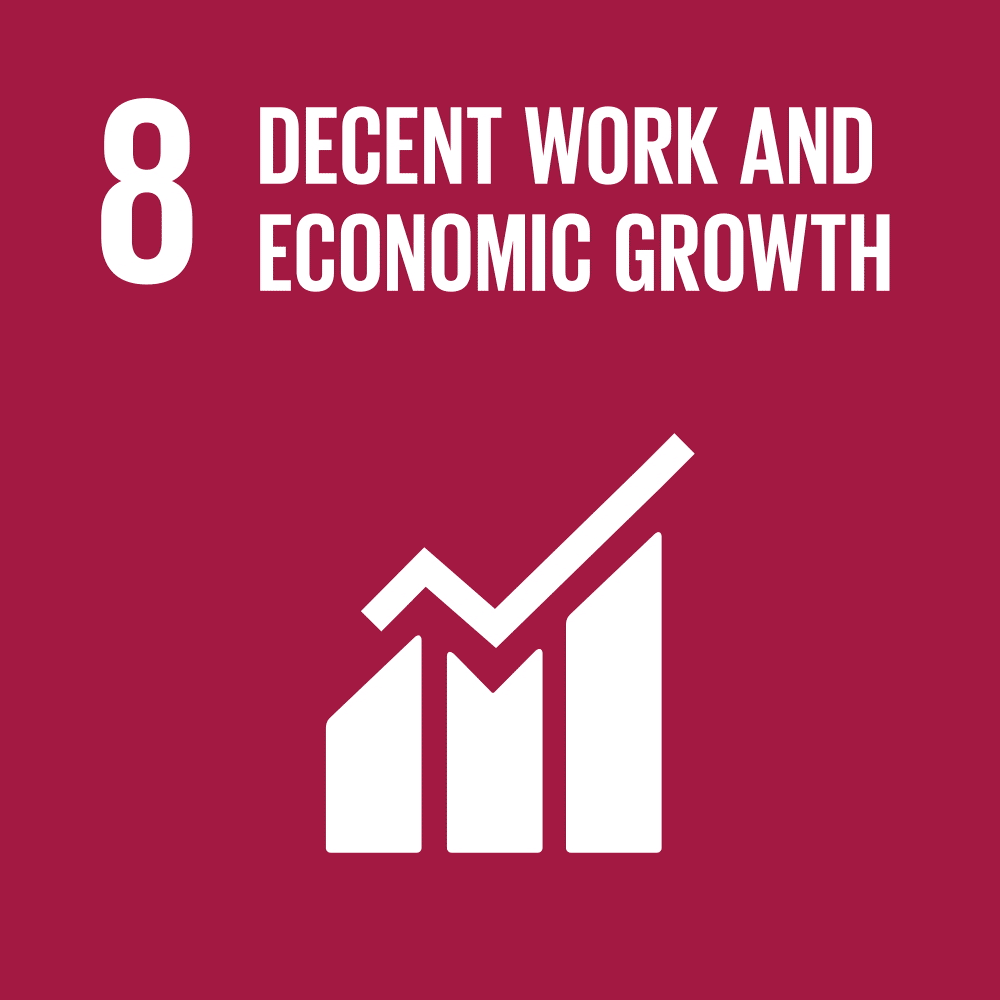

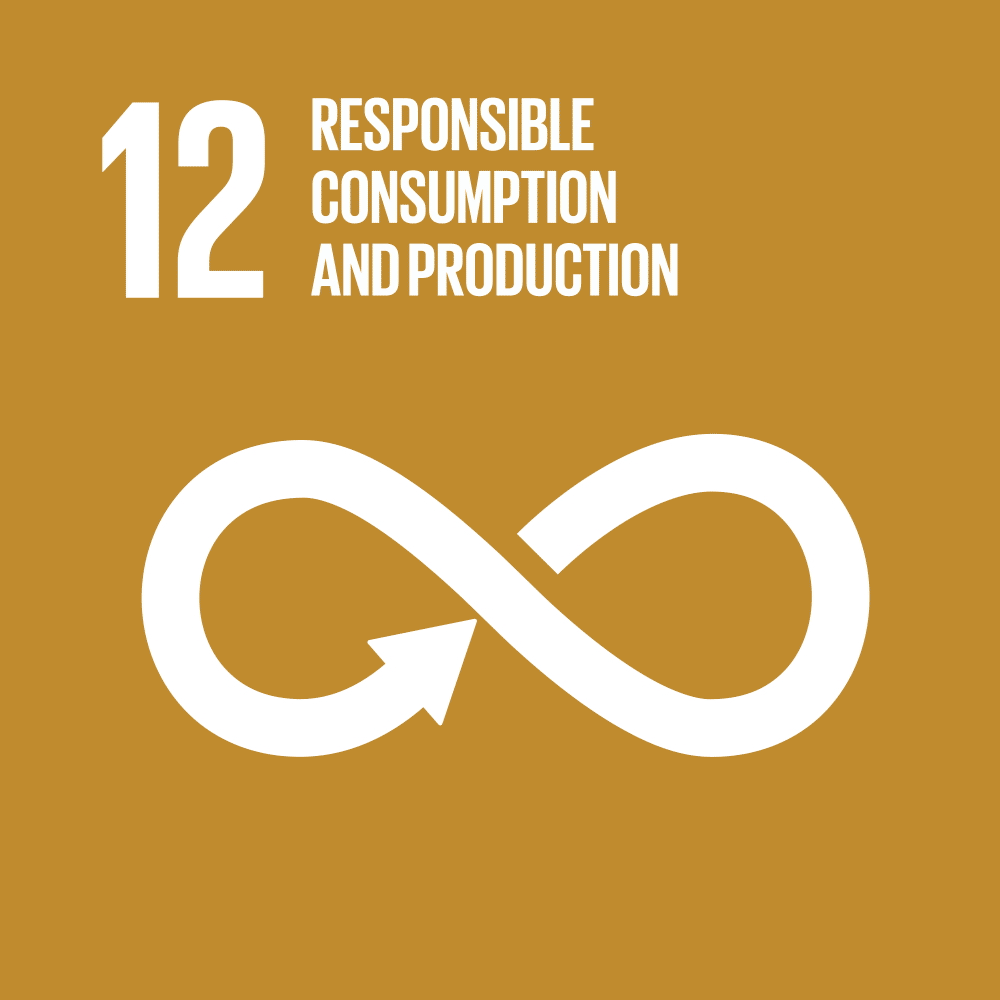














Comments